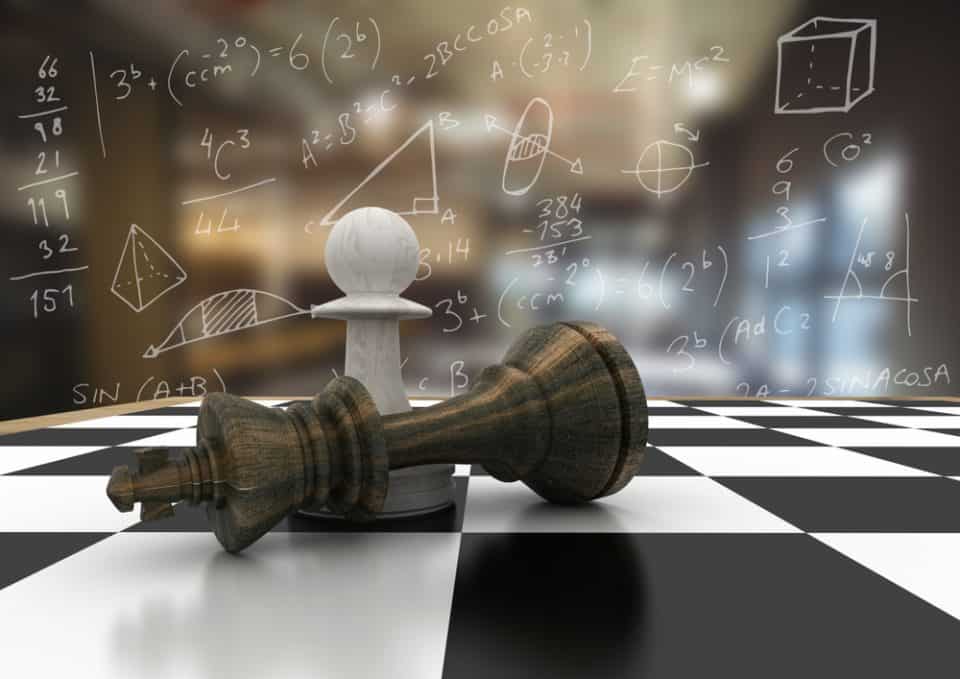Chess is one of those games that people tend to have strong opinions about. Some see it as an intellectual challenge that exercises the mind, while others dismiss it as boring.
If you fall into the latter camp, you may be surprised to learn that chess can actually be quite relaxing.
Yes, really. Now before you roll your eyes, hear us out.
While chess does require focus and mental effort, it can also have a calming, meditative effect.
The repetitive movements, the soft clacking of pieces on the board, the systematic solving of problems—it all works together to quiet the mind and alleviate stress.
The limited choices and constrained parameters provide a sense of control that many find soothing.
Of course, relaxation is subjective and depends a lot on your mindset.
But if you go into a game of chess with the intention of using it as a relaxing escape, you may just find your opinion of the game beginning to change.
Let’s understand this in better detail.
The Mental Focus Required for Chess
Chess requires intense focus and concentration. To play a proper game of chess, you have to give the board your full attention.
It’s not the kind of game you can casually play while chatting with friends or binge-watching your favorite TV show.
Once you start a game, you need to visualize the possible moves in your head, think through different strategies, and try to anticipate your opponent’s plays.
This level of mental exertion can be draining for some, but stimulating for others.
If you’re looking to unwind and de-stress, chess may not be the ideal activity. The competitive nature of the game and the cognitive effort involved can actually raise your anxiety and blood pressure.
However, if you enjoy challenging your brain with complex problem-solving, the mental challenge of chess could be a form of relaxation and rejuvenation for you.
Here are some tips to make your chess games more relaxing:
- Play at your own pace. Don’t use a clock timer when you’re first learning. Take time to think through each move.
- Focus on enjoying the game rather than winning. Appreciate a good move by your opponent and learn from your mistakes.
- Play casually with a friend. A casual game with someone at your skill level in a low-pressure setting can be a great chance to relax and have fun.
- Take breaks when needed. If at any point you feel overwhelmed, frustrated or no longer enjoying yourself, take a break from the game. Your mental health and happiness should be the priority.
Final Thoughts
In conclusion, chess can be both relaxing and stimulating, depending on how you approach the game.
If you’re looking to relax while playing, try to focus on the process of playing rather than the outcome, and enjoy the game for its own sake.
We recommend these related resources for further study:







join the conversation